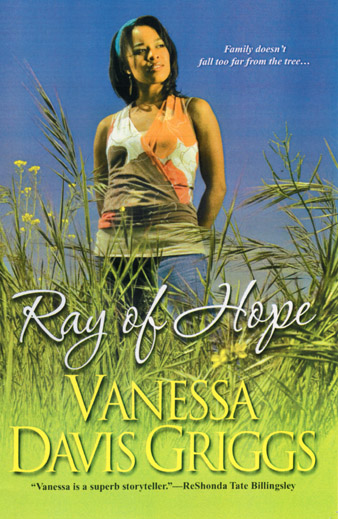This week I planned to review
Creston Mapes, Dark Star for this blog. After reading a few feeds about the Christy Awards, faith fiction's focus and Hurricane Dennis I decided to take a deeper approach to my book review of
Dark Star.
...If we're so bad and so anti-religious why hasn't this big bad God
struck us down by now?...There is no God.
Today. I want to address
Crouch's notion of christian fiction written with real and human eyes. I would also like to show how current nonfiction story formats can be a successful way for fiction authors to bring reality into their work.
Outside of the Harry Potter franchise most book buyers purchase nonfiction titles. If you look at media trends-reality shows and news talk radio shows continue to grow in popularity.
News grazers like my generation tend to stay current via reading Blogs, online news feeds, watching news tickers and sports stats on their cell phone or laptop, and streamline news. Our culture wants to know what they want to know when they want to know it and they want to know it short and fast when they want to have it.
This need for quickie info. has filtered into our market's interest in fiction. Our chapters are too long. And it takes to long to get into the story. We need to structure our stories in ways that won't lose reader's interest, that accomodates the real world today.
We need to take a look at how Creston Mapes accomplishes this in
Dark Star.
Dark Star, the first book in Multonomah 's The Rock Star Chronicles trilogy, is the story of Everett Lester, lead singer of alternative rock band, Death Stroke and on trial for first degree murder.
Everett's character has many vices. In the beginning of the novel, even he doesn't root for himself. So Mapes has to slip in some backstory so that the reader can identify with Everett and at least care about him. But who has times to read boring and long text about someone's past? If we did, then Harry Potter and the Davinci Code wouldn't have had as strong a following as it has, if the novel wasn't action packed. If we did, then we wouldn't be reading bloglines instead of hopping to every blog or news site. We like things fast. We like to know why bad things happen, but we don't want the long drawn out version(reminds me of Blanche's tall tales on the Golden Girls.) We want to take reality in bits and spades.
So what does Mapes do?
He uses a nonfiction magazine article device to hide Everett's backstory and Big Voice. He creates a fictitious
Rolling Stone interview that not only gets the reader to see Everett's madness, but helps to create quick authority so that the reader will think, "Hey, I think I might have read something similiar to his in that magazine."
In other words, "this could be real."
Moreover, this interview gives Christian readers a quick peak at what unbelievers really think about God today.
An excerpt of the Rolling Stone
Interview with Everett Lester of Death Stroke...
SM(Steve Meek Rolling Stone: All of your records have parental advisories. They advocate adultery, drugs, sex and violence. Does it ever concern you that--?
EL: You don't get it, do you? There ARE no rules! My rules are as good as anyone's. Look at our following. DeathStroke has millions of fans around the world. We're millionaires. If we're so bad and so anti-religious, why hasn't this big bad God struck us down by now? Why are we so popular?
A great question. A real question. Why do the people who negate God prosper? As you read DARKSTAR you may find the answer.
If you haven't ordered DARKSTAR, add it to your shopping cart, so that you don't forget it. And please...keep writing.
Writing to see what the end's gon' be,
Dee



















